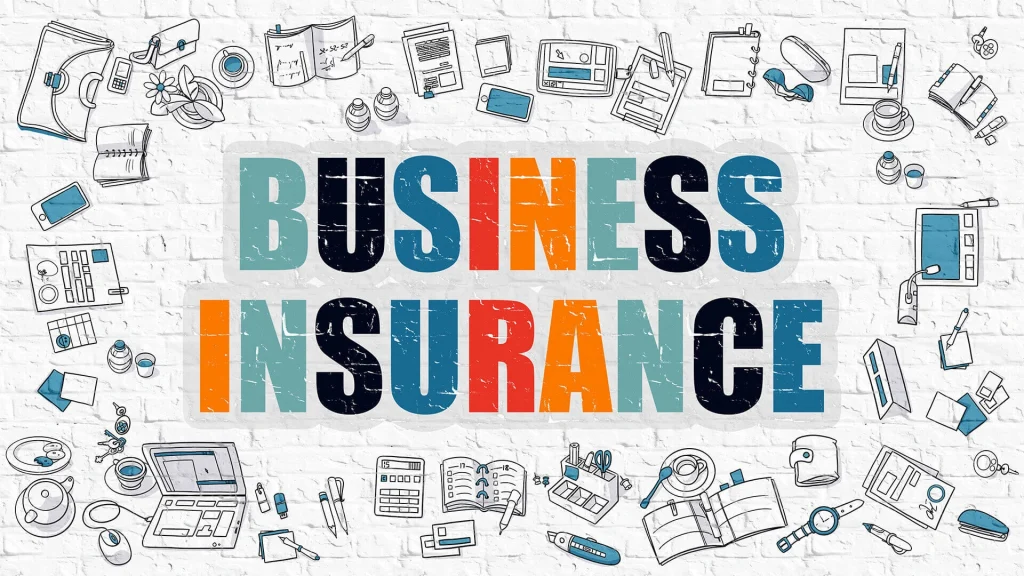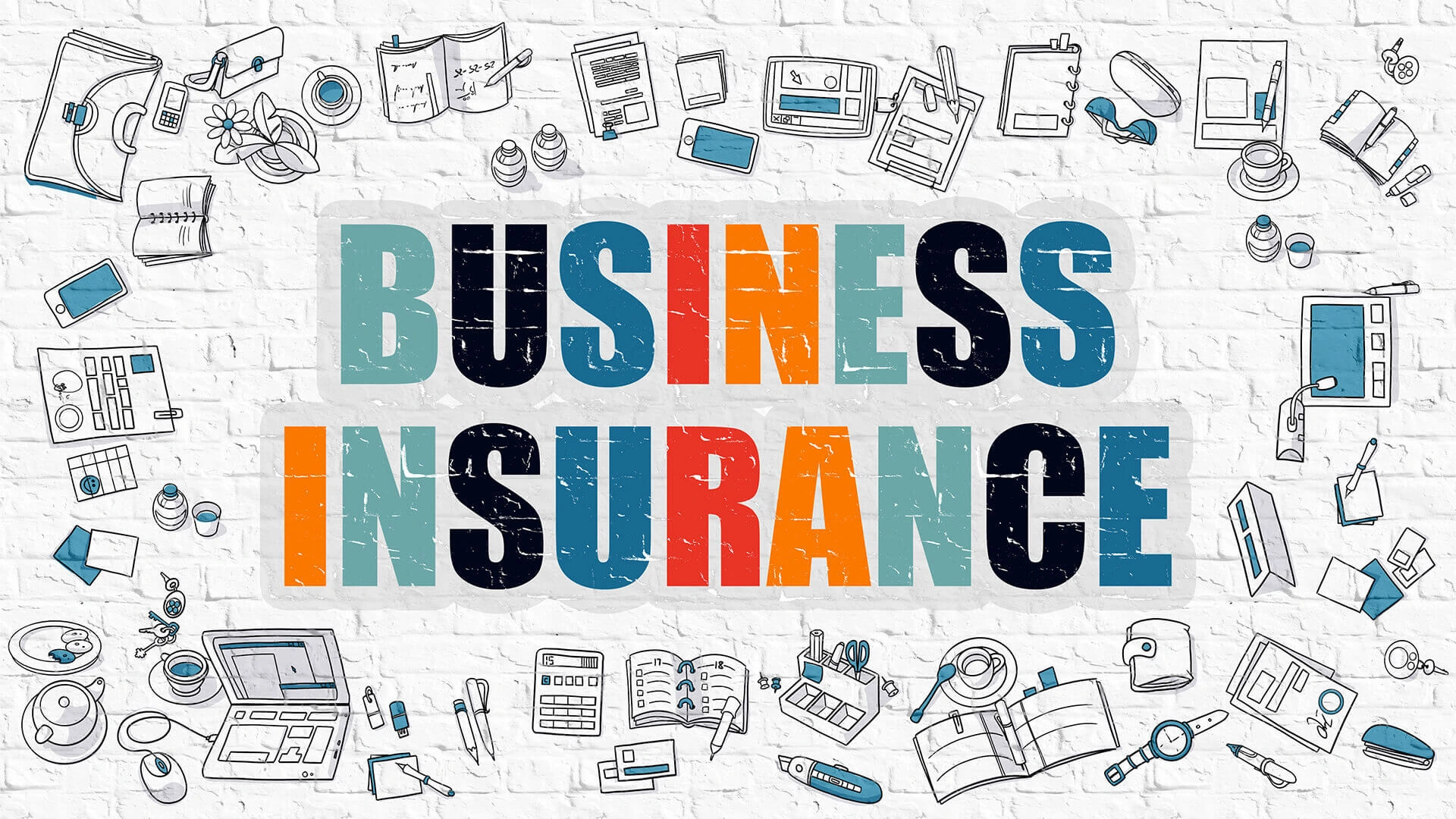Business income insurance—also known as business interruption insurance—is a commercial coverage that compensates for lost income when normal operations are halted due to covered events such as fire, theft, or natural disasters (source: Insurance Information Institute). It ensures continuity during recovery, helping businesses survive financial setbacks.

Content
The Importance of Business Income Insurance in Today’s Market
In a world of unpredictable risks, from cyberattacks to extreme weather, ensuring business resilience is not optional—it’s essential. Business income insurance provides a financial lifeline when unforeseen events disrupt operations, allowing organizations to maintain cash flow, meet payroll, and cover recurring expenses during downtime.
Whether it’s a small retailer or a large manufacturer, any enterprise vulnerable to physical damage can benefit from commercial insurance that includes income protection. In many cases, this coverage determines whether a business can reopen its doors after disaster strikes.
Understanding What Business Income Insurance Covers
At its core, business income insurance coverage includes lost net income that would have been earned during the interruption period, based on financial records. This typically covers:
- Profits that would have been earned
- Fixed operating expenses (e.g., rent, utilities)
- Relocation costs (if the business must temporarily move)
- Payroll expenses to retain key employees
Some policies also include extra expense coverage, which reimburses costs incurred to minimize the loss or speed up recovery. This makes business property insurance a powerful complement to income coverage, especially when bundled under a commercial insurance policy.
However, not all causes of interruption are covered. Most policies exclude:
- Pandemics or viruses (unless explicitly added)
- Floods (which require separate flood insurance)
- Earthquakes (also require separate endorsements)
- Utility failures not caused by a covered peril
Distinguishing Business Income Insurance from Other Policies
It’s critical to understand how business income insurance differs from other forms of business insurance:
- Business liability insurance: Covers legal expenses if your business is sued.
- Professional liability insurance: Protects against errors or negligence in professional services.
- Commercial property insurance: Reimburses for physical damage to business premises and equipment.
Unlike these, business interruption insurance focuses solely on income loss due to temporary shutdowns. It does not cover damage to property or legal claims, but rather ensures continued financial stability while the business recovers.
Who Needs Business Income Insurance?
While it may seem most relevant to large enterprises, small business insurance that includes income protection is just as vital. The following types of businesses are particularly vulnerable:
- Retail stores reliant on physical locations
- Restaurants and food services
- Manufacturing companies with high operational costs
- Consulting firms with key personnel and client commitments
Business insurance for consultants is especially important when service delivery relies on secure access to offices or technology infrastructure. A single disruption can halt project delivery and revenue generation.
Evaluating Coverage and Choosing the Right Policy
Choosing the right business insurance plan involves more than just checking a box. Businesses must consider:
- Their primary revenue sources
- Dependency on physical locations or supply chains
- Risk exposure based on location and industry
- The duration of potential recovery time
A clear understanding of business continuity needs allows owners to choose a business insurance policy tailored to actual risk—one that includes adequate income protection and optional riders such as civil authority coverage, which kicks in when a government mandates closure.
The Cost of Business Income Insurance
One of the most frequently asked questions is, “How much does business income insurance cost?” The answer depends on:
- Gross annual revenue
- Business size and industry type
- Property value and location
- Claims history and deductible amounts
On average, business insurance cost ranges from $500 to $1,500 annually for small businesses. This is a modest investment compared to the potential loss of tens of thousands—or more—in unearned revenue during even short interruptions.
Those seeking affordability can explore affordable business insurance options by bundling policies or raising deductibles. Comparing quotes from multiple providers is also a smart move.
Getting a Business Insurance Quote
To obtain a business insurance quote, owners typically need to submit:
- Proof of income and operational costs
- A business continuity plan or risk assessment
- Details about the business premises, equipment, and industry
Some platforms offer instant online quotes, while others recommend speaking with a licensed broker to customize coverage. Businesses looking for speed and convenience may benefit from digital insurers with user-friendly dashboards.
Always compare quotes across different insurers to identify the best balance of premium, coverage, and deductible. Look for transparency in exclusions and any limitations on payout periods.
Common Claims and Real-World Scenarios
To illustrate how business interruption insurance works in practice, consider the following examples:
- A bakery in Chicago suffers a fire, shutting down for two months. The policy covers rent, salaries, and lost revenue during repairs.
- A tech consultancy loses access to its office after a burst pipe causes structural damage. Insurance covers relocation costs and staff wages.
These real-world use cases show how this type of commercial insurance ensures continuity and long-term survivability during crises.
Maximizing SEO and Visibility Through Content
If you’re an insurance provider or consultant, creating online content that answers these common queries can greatly enhance your site’s visibility. Using long-tail keywords like “how to get business insurance quote” or “business insurance for consultants” captures niche traffic, while detailed content helps users make informed decisions.
To improve CTR in search engines, use compelling headlines, schema markup for FAQs, and internal links to related content like business liability insurance or professional liability insurance guides.
Final Thoughts
Business income insurance is more than a safety net—it’s a strategic tool for protecting your company’s future. Whether you run a neighborhood shop or manage a growing consultancy, the ability to recover from disruption with minimal financial loss can define your resilience and long-term success.
By investing in comprehensive business insurance coverage, which includes income protection, you’re not just insuring assets—you’re securing the lifeblood of your enterprise: your revenue stream.
Frequently Asked Questions
Does business income insurance cover pandemics?
In most standard policies, pandemics are excluded unless specifically endorsed. Businesses must request and pay for additional coverage if available.
Is business income insurance tax deductible?
Yes, premiums paid for commercial insurance are generally considered a business expense and are tax deductible.
How long does the coverage last?
Most policies provide coverage for a “restoration period,” usually between 30 and 180 days. Extensions may be available.
Does this coverage apply to home-based businesses?
If your business insurance for small business includes income coverage and you’re operating legally from home, you may be eligible. Confirm with your provider.
Can I buy it separately?
Yes, though many choose to bundle it with property insurance or a broader commercial policy for better pricing and comprehensive protection.

Ryan Myers is a business blog author and writer. He graduated from the University of California, Berkeley in 2009 with a degree in Political Science. His favorite topics to write about are blogging for small businesses and becoming an entrepreneur.













